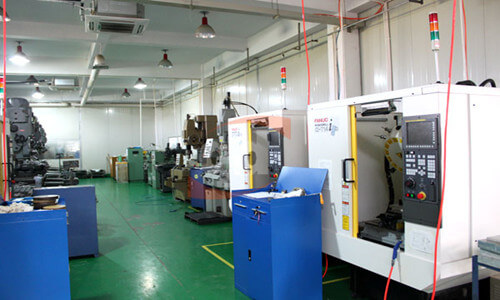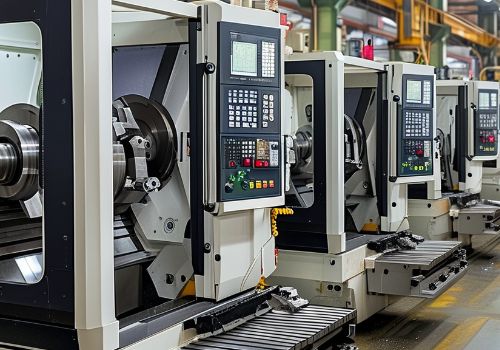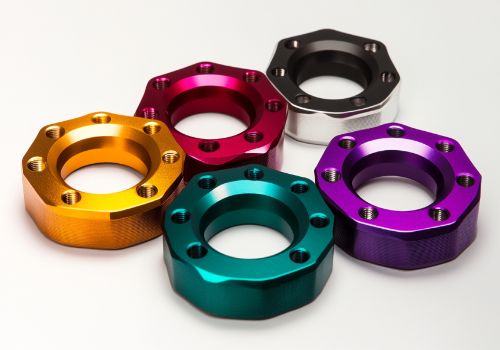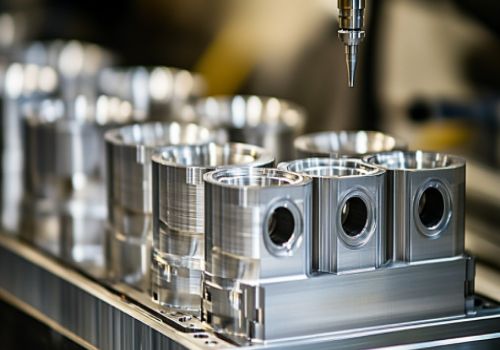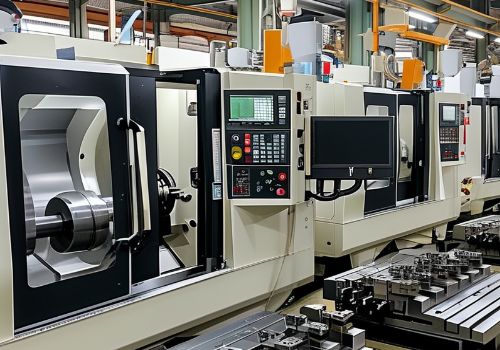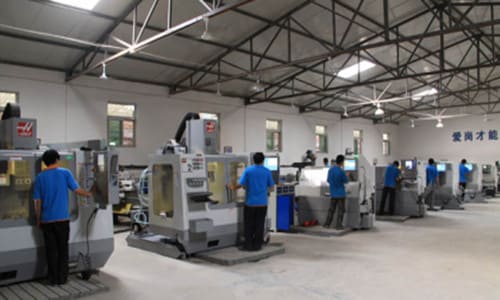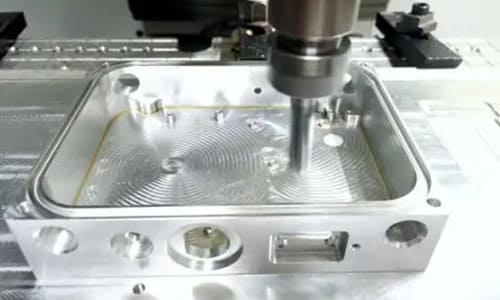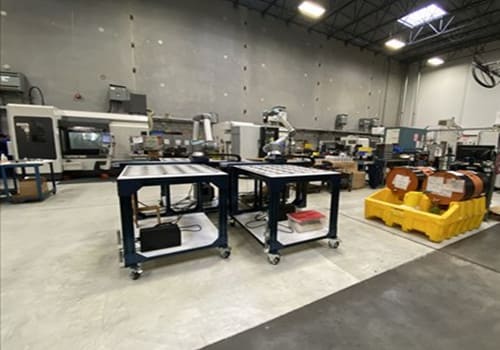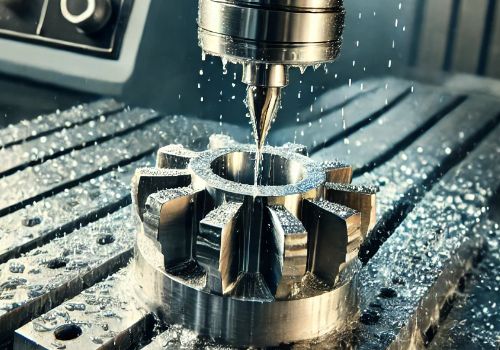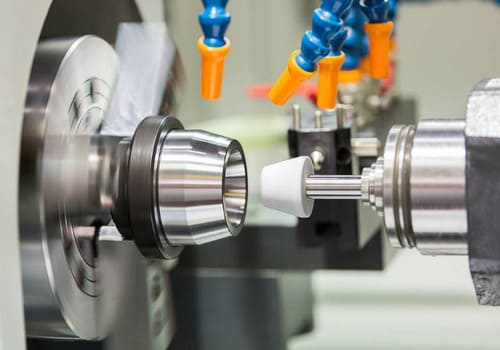For CNC machine shops, many managers say the costs are too high. These excessive costs include not only labor costs and material costs that change with market changes, but also waste of resources caused by improper management of business managers. Therefore, machine shop managers can achieve cost reduction by avoiding unnecessary waste.
As an excellent production workshop manager, care should be taken to avoid unnecessary waste, cost and resources. In the general production process, there will be a lot of “waste” in daily work. In fact, in production management, “seven kinds” of waste will usually appear.
“7 wastes” common in CNC machine shop.
1. “Wasteof Waiting” – This is also a waste of time, causing cost loss while waiting for instructions from superiors, waiting for external responses, waiting for reports from subordinate, and waiting for contact at the production site.
2. “Coordinating unfavorable waste” – this is one of the “internal consumption” of daily production operations. The coordination of the work process is unfavorable, the implementation of the leadership instructions is unfavorable, the coordination of information transmission is unfavorable, and the coordination of business processes is unfavorable.
3. “Idle waste” – for CNC machine shops, there will be some loss of idle assets, such as idle fixed assets, idle or overlapping functions, idle work processes, and idle personnel, idle information, and so on.
4. “Disorderly waste” – disorder caused by unclear responsibilities, disorder caused by low business ability, disorder caused by rules, and disorder of business processes.
5. “Waste of Dereliction of Duty” – This is the most common and the biggest waste in management. It needs to cultivate and upgrade the ability of middle managers.
6. “Inefficient waste” – the inefficient, erroneous work of work is a negative efficiency.
7. “Waste of management costs” – no basis for the preparation of the plan, the execution of the plan is not serious, the assessment of the plan is not serious, the disposal of the plan is not in place, the cost input and income (income) is not matched.
The seven wastes in the management work are much more serious than the seven wastes in the production site, but it is much more difficult to solve. Because most of the waste in the production site can be quantified, but the management work is mostly soft indicators, with greater flexibility, it is relatively difficult to quantify and refine.

